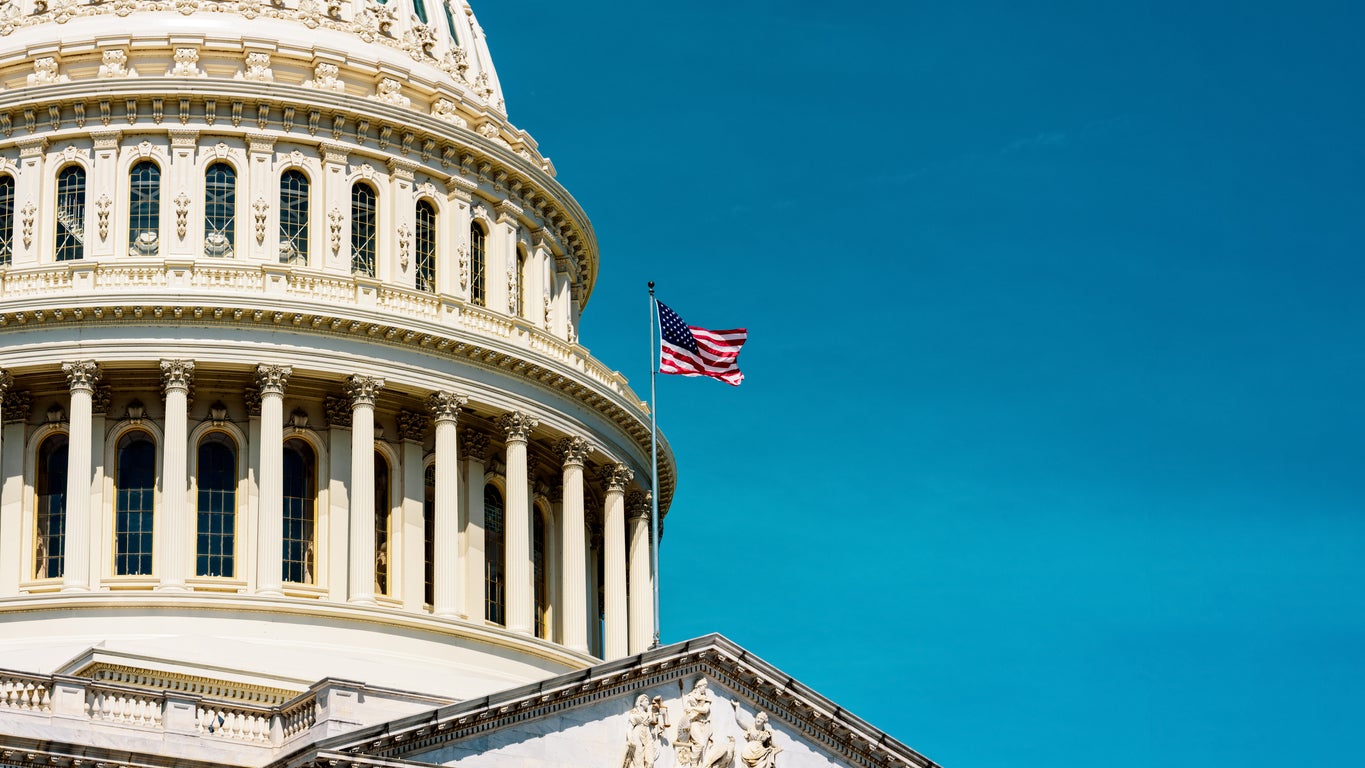CBA Outlines Regulatory & Legislative Recommendations Ahead Of CFPB Semi-Annual Address To Congress

In a new letter sent to the House Financial Services and Senate Banking Committees ahead of the Consumer Financial Protection Bureau’s (CFPB) semi-annual report to Congress, the Consumer Bankers Association (CBA) outlined legislative and regulatory recommendations intended to protect and expand consumers’ access to the financial tools they rely on to meet their needs.
Since the Bureau’s inception more than a decade ago, the banking industry has proudly worked together with policymakers at the CFPB to ensure better compliance, foster product innovation, and deliver for the very people we are all working to serve. Unfortunately, under the leadership of Director Chopra, the agency has taken public actions over the past year with minimal interaction and input from the very industry the agency is tasked with overseeing – all while promoting the most dramatic headlines.
As the letter states, promulgating new rules in this manner- without transparency or stakeholder engagement - yields serious implications for banks and the millions of consumers they serve:
“The Bureau should carefully consider input from a wide range of stakeholders– even those with whom it may disagree– and propose policy changes based on a comprehensive review of the facts. Policy proclamations based on ideological preferences rather than on data and stakeholder input only create confusion [and erode] confidence in our highly-competitive and well-regulated financial system.”
Recognizing our shared commitment with the Bureau to protect all consumers and promote a fair, transparent, and competitive marketplace, the letter goes on to say:
“It is our hope that in the future, the CFPB will be more open to listening to the industry it directly examines to ensure that an open dialogue, as we have enjoyed in previous administrations, is reestablished.”
What We’re Advocating For
- Bipartisan CFPB Commission: CBA renewed its call to replace the CFPB’s flawed leadership structure and bring more certainty to the marketplace by passing legislation to create a 5-person, bipartisan commission.
- Changes to UDAAP: CBA reiterated its concerns with recent changes the CFPB made to the UDAAP exam manual, forcing CBA and other trades to pursue legal correction. These changes, which extend fair lending laws beyond the bounds carefully set by Congress, provide little to no context into how banks should implement new procedures.
- Regulation E & P2P Payments Fraud: CBA conveyed the ongoing work from our members to actively address fraudulent transactions while simultaneously warning policymakers of the unintended consequences misguided policy actions could have on the millions of Americans who rely on fast electronic payments to meet their needs.
- Overdraft Fees: CBA advocated for the CFPB to recognize many of the bank-led innovations unveiled over the past decade which are poised to yield billions in consumer savings. As policymakers consider future action related to overdraft, they must consider all the facts, including the impact further restrictions would have on hardworking Americans who knowingly use the product as a valued emergency safety net.
- The CFPB's Fee Inquiries: CBA reiterated that most of the fees Director Chopra has referenced in his ongoing campaign are either outside the CFPB’s authority or legally allowed when properly disclosed to consumers. Additionally, policymakers must recognize that banks already are required to explain any fees associated with a financial product or service to a consumer in a transparent manner.
- Small Business Data Collection: Although Section 1071 of Dodd-Frank mandates this rule, the complexities of implementation in the market cannot be overstated. To protect small business access to credit and ensure banks can deliver on the promise of Section 1071, a well-balanced final rule must include an implementation timeline of more than 18 months and a carefully tailored set of data points requiring collection.
- Small-Dollar – An Essential Solution to Emergency Liquidity Deficits: Amidst ongoing economic uncertainty, the need for accessible small-dollar, emergency credit for consumers has never been greater. CBA urged policymakers to consider regulatory reforms that would provide banks with the ability to easily underwrite and deploy short-term loans without misguided restrictions on availability.
- Level Playing Field: Recognizing the significant growth of nonbank lenders over the last decade, CBA reaffirmed its call for policymakers to apply consumer regulations consistently across the board so Americans using a fintech or non-bank lender are assured the same protections as those using a well-regulated bank.
- Protecting Consumers’ Data: CBA conveyed the importance of establishing clear liability for all parties in the data access ecosystem and called on the Bureau to require data aggregators and third-party users to be subject to CFPB supervision and examination as part of future 1033 rulemaking steps.
To read the full letter sent to Congress, click HERE.
Background
To read CBA’s letter sent to Congress ahead of Director Chopra’s semi-annual address in April, click HERE.



